Columns
CYBERSECURITY: Why Identity Fraud Is On The Rise In Africa
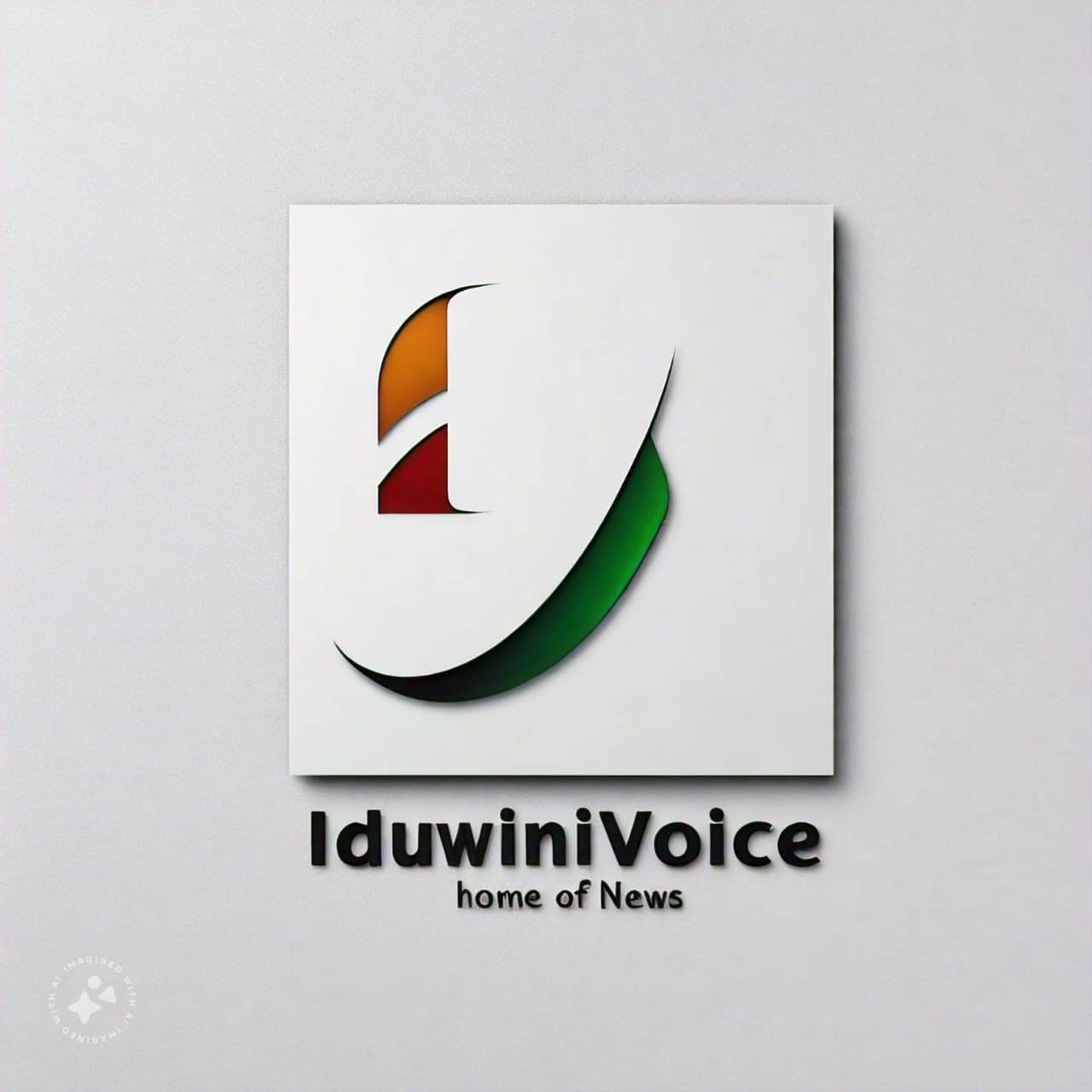
CYBERSECURITY: Why Identity Fraud Is On The Rise In Africa
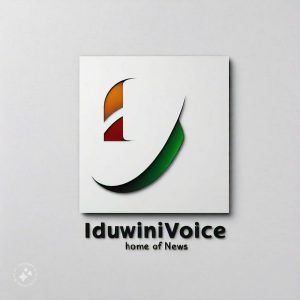
By Charles Kumolu
Gerrard Olisa–Ashar is the CEO of DigiSign Technologies Limited and co-founder of Diaspora Investment Partners Africa. In this interview, he speaks on how well to safeguard e-business through cybersecurity.
He is a technology enthusiast with an interest in the role of technology in entrepreneurship and economic empowerment in Africa.
He has over two decades of experience in delivering technology and cybersecurity strategies for businesses and sits on the board of multiple companies.
What personal experiences or insights led you to embark on a career in cybersecurity?
Cybersecurity found me. I have always wanted to solve problems and take on new challenges. My career started in technology infrastructure. I began as a technology support analyst and progressed to managing technology services for medium and large enterprises. About a decade ago, I had the opportunity to take on a new challenge – it was to help my employer attain the global standard in information security, ISO27001. This was a critical strategic objective. Since no one in the business had the experience, I nominated myself to take on the challenge of managing the delivery of that project.
That’s how I got into Cybersecurity. I was thrown into the deep end and had to sink or swim – thankfully, I swam. Since then, I have advised enterprises of various sizes on effectively identifying and managing cybersecurity risks.
What are your thoughts on Cybersecurity and the importance of digital document integrity in today’s digital economy?
Although closely related, these are two separate issues for the digital economy so I will take them one at a time.
The importance of cyber security to the digital economy cannot be overemphasized. In fact, I will go as far as to say that without cyber security there is really no digital economy because if you do not put the necessary guard rails in any economy it will tank – same thing for the digital economy. My favourite analogy is likening to building a 20-storey building with a solid foundation. When the building is complete, you don’t see the foundation anymore, but it works underground every day.
The tonnes of pressure in weight from the people, equipment, furniture, etc. in the building is only sustained by an effective foundation, protecting the building and all that is within. Imagine if you did not have the foundation in place – or had the foundation of a 3-storey building. It will only be a matter of time before the building collapses. So Cybersecurity is a key foundational pillar for the digital economy – its job, even when you do not see it, is to ensure that the billions of daily transactions in the digital economy are adequately protected.
This will, in turn, prevent significant harm to individuals, businesses and governments who participate in the digital economy. For instance, a recent cyber attack on a major financial institution in Nigeria resulted in the loss of millions of dollars and the compromise of sensitive customer data. The UN’s Economy Commission for Africa (ECA) reports that Africa’s low level of preparedness in Cybersecurity is costing member countries up to 10% of their GDP annually. That is over $100 billion just for the BIG 4 countries of South Africa ($37b), Egypt ($34b), Nigeria ($25b) and Kenya ($10b) respectively.
These numbers only emphasize why all stakeholders in African digital economies need to collaborate to ensure that their digital economies are resilient enough and adequately protected from the acts of cyber criminals.
On the other hand, digital document integrity is a subset of the broader topic of Cybersecurity. For the digital economy to be effective, interactions must remain digital to optimize the benefits of speed, ease, convenience, security and cost. This means that processes must become digital, including the process of documentation and record keeping. For example, in countries like the UK, it is commonplace to find people who have not visited their banks or doctors in the last 10 years. This is not because they haven’t consumed services from these service providers but because they have done so digitally (online) without the need for physical interaction. All agreements, documents or records have been stored digitally.
It is imperative that the integrity of these agreements is preserved, or they become worthless. To maintain such integrity, banks and hospitals need access to affordable technology services that can help preserve the integrity of these digital documents.
In an era where digital transactions are increasingly the norm when conducting business, ensuring the authenticity and integrity of contracts, deeds, and other documents is paramount.
What are your thoughts on the current state and future potential of Nigeria’s digital economy?
The potential is enormous, but the government and private sector must do a lot of work. As of 2020, Nigeria’s digital economy (or internet economy) was estimated to be worth $24 billion but only contributed 5.6% to its total GDP. When you compare it to South Africa (6.5%) and Kenya (7.7%), even though it performed better than Egypt (4.9%).
If you compare these numbers to an aspiration of the Digital Cooperation Organisation (DCO) – for the global digital economy to contribute 30% to the global GDP by 2030 – you can see Nigeria still has a lot of growth potential.
We have seen a lot of progress in the last decade, but Nigeria’s (indeed Africa) businesses and governments still need to catch up compared to other global economies. I know people talk about technological leapfrogging and the development of our digital economy, but that’s more challenging than it sounds. You need to have the right foundations as a business or a government to catch up.
For example, there is a lot of talk about Artificial Intelligence (AI), which I believe will be the most significant contributor to the development of the global digital economy. However, AI is built on machine learning models, which are built on deep learning models, data analytics, and data sets built on raw data.
If you have poor data collection, you will struggle to leapfrog technologically into implementing AI constructively. Businesses and Governments in countries like the UK and US have been strategically gathering data for decades to help them take advantage of the benefits that AI presents today. So, we must continue to be strategic in building the right foundational infrastructure to help realize the great potential of digital economic benefits for Nigeria.
What challenges and opportunities do you anticipate for Nigeria’s digital economy in the near future, and how do you envision innovative technologies like DigiSign addressing these challenges?
The key challenge I have posited above is an implementable strategic blueprint that compels individuals, businesses, and governments (on all levels) to invest in building the critical foundational pillars of the digital economy.
One of those foundational pillars is ensuring the accuracy and integrity of digital identities. Participants in the digital economy need to have confidence that they are engaging with a natural person and the right person at the other end of a digital device – just as if they were standing in front of them. This is where DigiSign plays a role.
The purpose of DigiSign is to allow people, businesses and governments to engage in the digital economy without fear. We will do this if we fulfil our mission to authenticate digital transactions, guaranteeing trust for people, businesses, and governments worldwide.
What was the driving force behind the creation of DigiSign, and what are your visions for its future impact on the industry?
As someone who has participated in and contributed to developing the UK’s digital economy from a cyber security perspective, I understand what it takes for a business to be appropriately protected from the negative sides of the digital economy.
Also, as someone who engaged early in the digital lending space in Nigeria, I began to see gaps in the digital infrastructure on a small scale. From my interactions with industry players, it became apparent these gaps existed on a much broader national level; in some industries, we have ‘time bombs’ waiting to go off, and we were compelled to do something to stop the clock on the time bomb.
Furthermore, a recent report by Simile Identity shows increased identity-related fraud in Africa.
Driven by urgency, we saw an opportunity to close the gap in the electronic signature space by coming up with a ground-breaking integrated biometric e-signature platform. This innovative (patented) technology ensures the authenticity of all parties that sign a document, reducing the risk of identity fraud or non-repudiation. Traditional e-signature platforms rely mainly on the signatories’ emails as the primary source of verification.
However, this could be stronger at best, particularly in emerging digital economies where there is a need to build trust to encourage more participation in the digital economy.
DigiSign helps businesses do business faster, with less risk and at a lower cost – it is a ‘win-win’ solution for all stakeholders: the user, our customer (the business), the regulator, and the investors.
What sets DigiSign apart from other technologies in the market, and how does it address the challenges of fraudulent signatures and unauthorized document alterations?
DigiSign is an innovation that improves on existing technology to tailor the peculiarities in emerging digital economies where the trust level is significantly deficient when compared to more matured digital economies. Three things set us apart.
First is our vision of becoming the most trusted company in the world. We sell trust, and we can improve the narrative that people, businesses, and governments in Nigeria (or Africa) may not have the same level of trust coefficient attached to them as you would find in other countries.
Secondly, we do not see ourselves as being in the business of signing documents electronically but in the business of creating authentic digital interactions. Electronic signatures are our immediate priority, but we are pursuing a world where every digital transaction is genuine.
The third thing is the uniqueness of our technology. It is amazing, but understandable, that no one has patented this technology. We’ve secured our patent in Nigeria, and our US application is advanced. We have also started applications in the UK, Europe, and several African countries. However, the most important thing for us is the assurance that we can give our customers (with undeniable evidence) that a real person and the right person sign any electronically signed document on our platform.
Can you share any interesting or challenging moments you faced while developing DigiSign and how you overcame them?
We are still a very young company but have faced many challenges. The biggest one up until now was getting the right core team to believe in the vision. DigiSign was conceived years ago but needed the right team to bring it to life. Thankfully, we are past that challenge, and we have built a competent team that shares our vision and is working flat-out every day to pursue that vision relentlessly.
How do you see the future of digital document authentication and Cybersecurity evolving, and what role do you think1 DigiSign will play in this evolution?
We are the future. In our recent pitch deck – we greeted potential investors with this phrase ‘Welcome to the future’ – this, in all humility, is our reality. As biometric technologies become more accessible, we can do a lot more. We see a world where you will no longer need written signatures with all documents or agreements, and having a verified biometric signature is the most secure way to verify the authenticity of signatories to a document. DigiSign is positioning itself as a global leader in biometric digital signatures. A big part of our operational budget goes to research and development to explore ways of delivering increased value to our customers.
How do you see emerging technologies, such as DigiSign, contributing to the growth and development of Nigeria’s digital economy?
It depends on what you mean by emerging technologies. Existing technology will play more of a role in the digital economy. As I noted earlier, there are many foundational pillars of the digital economy that we need to build. Most of these already have mature technologies that can be adopted.
For DigiSign, we are blessed to have the opportunity to contribute to an emerging space. It does come with its challenges, though; market adoption and regulatory framing, for example, are our top concerns right now. We see DigSign playing a pivotal role in guaranteeing trust in many sectors of the digital economy: Finance, Healthcare, Real Estate, e-commerce, and Logistics, to name just a few.
When we succeed, more people, businesses and governments can offer or consume services digitally with increased confidence, and this can only be a good thing for Nigeria’s digital economy in the long term.
In what ways do you believe digital document authentication and cybersecurity solutions can positively impact businesses and individuals within Nigeria’s digital economy?
I’ll go back to my earlier point of foundational pillars. For any economy to enjoy the benefits of a sustainable digital economy, the private and public sectors must work together to deliver key strategic outcomes that form the foundation of the digital economy. This journey has already started but needs to be accelerated. We must work together with stakeholders: people, businesses, and governments
Columns
Chief Denis Otuaro, the Guiding Star of PAP
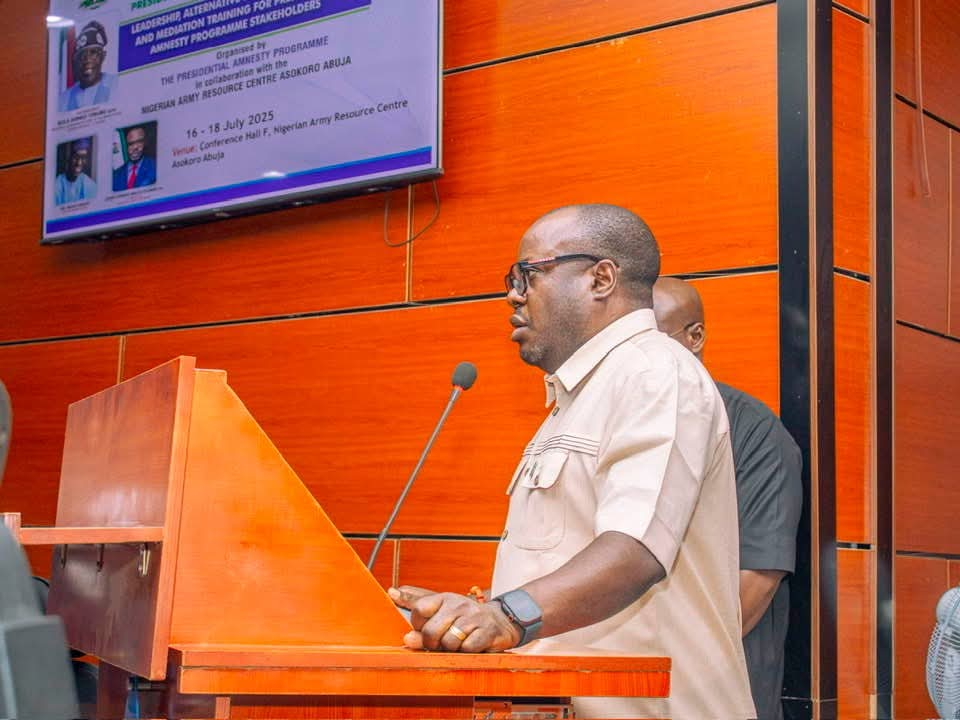
By: Professor Binebai
The Niger Delta has found a beacon of hope in Chief Dr. Dennis Otuaro, a leader of unimpeachable integrity, courage, and vision. As the helm of the Presidential Amnesty Programme (PAP), he has emerged as a champion of transformation, inspiring a region and a nation with his unwavering commitment to empowerment and progress.
In the realm of Nigerian leadership, there are those who leave an indelible mark on the sands of time, and Chief Dr. Dennis Otuaro is one such luminary. As the helm of the Presidential Amnesty Programme (PAP), he has etched a narrative of hope, redemption, and triumph, illuminating the path for the people of the Niger Delta. This tribute is a celebration of his extraordinary leadership, vision, and unwavering commitment to the cause of empowering the youths and transforming the region.
Chief Denis Otuaro’s stewardship of the Presidential Amnesty Programme (PAP) has indeed been a renaissance, a majestic sunrise after a long, dark night, as he infuses the initiative with the radiance of a new dawn.
Like the mythical Anansi, the wise and cunning spider of West African folklore, Otuaro’s leadership has woven an intricate web of hope and opportunity, capturing the challenges of the Niger Delta and transforming them into a rich mosaic of promise and progress. His vision, akin to that of the venerable Oracle of Delphi, has deciphered the complexities of post-conflict reconstruction, guiding the demobilised youths through the labyrinth of uncertainty, and into the bright light of empowerment and redemption.
Otuaro’s journey has been sustained by a resolute commitment to the cause, his leadership style a masterful blend of courage, wisdom, and compassion. His tenure has been marked by a symphony of progress, as the PAP, under his guidance, has orchestrated a harmonious balance of pacifism and pragmatism, transforming the region into a veritable Garden of Eden.
Like Athena, the Greek goddess of wisdom, Otuaro wields the power of transformation, his touch turning the arid landscape of despair into a lush oasis of hope and prosperity. His leadership has become a byword for sagacity, a testament to the transformative power of vision, courage, and compassion.
In the pantheon of Nigerian leaders, Otuaro’s name shall be etched alongside the greats, his legacy a shining testament to the indomitable human spirit, as he continues to weave a new narrative of hope, redemption, and triumph for the people of the Niger Delta.
The Niger Delta has found a leader of repute, a leader of courage, a leader of transformation, a leader of goodwill in the PAP. Let egocentric economic buccaneers and demonic agencies stop their campaign of calumny against this leader of glory.
To those who seek to undermine his efforts, we say: let envy and malice be silenced! Let the progress of the Niger Delta be the benchmark for greatness! Let Otuaro’s leadership be the inspiration for a new generation of leaders!
Columns
A Legendary Legacy: The Enduring Odyssey of High Chief (Dr.) Government Oweizide Ekpemupolo
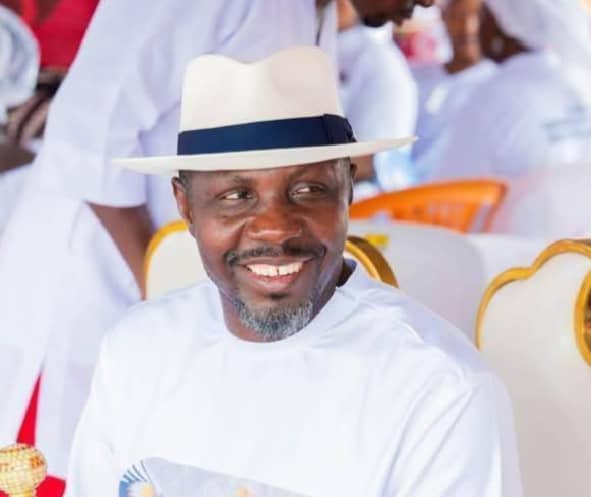
By: Professor Ben Binebai
In the realm of Nigerian leadership, one name resonates with mythical significance – High Chief (Dr.) Government Oweizide Ekpemupolo, affectionately known as Tompolo. Born on 12 April 1971, in Warri, Delta State, Tompolo has etched his name in the annals of history, leaving an indelible mark on the Niger Delta region. As a former militant commander of the Movement for the Emancipation of the Niger Delta (MEND) and chief priest of the Egbesu deity, he has navigated the treacherous waters of war and peace, leveraging his remarkable journey to bring succour and development to his people.
Tompolo’s metamorphosis from a militant leader to a peace advocate is a testament to his unwavering commitment to the progress of the Niger Delta. His decision to embrace the Amnesty Programme in 2009 marked a turning point, as he laid down arms and picked up the mantle of transformation. Today, he is revered as a hero, celebrated for taming the turbulent waters of the Creek boys and settling major political crises in the region. By putting the Ijaw image on the Nigerian map, Tompolo has redefined the narrative, showcasing the rich cultural heritage and resilience of the Ijaw people to the world.
A nationalist and statesman emerging from the boiling pot of agitation in the Niger Delta, Tompolo has consistently demonstrated his commitment to the development and progress of his people. His agency operates in close collaboration with the government, working tirelessly to implement projects and initiatives that benefit the Niger Delta region. His leadership style is characterised by quiet strength, strategic thinking, and an unwavering commitment to the progress of his people. His efforts have earned him recognition and accolades from various quarters, solidifying his position as a dependable pillar of the Ijaw nation.
As the last voice of the Ijaw nation, Tompolo’s legacy continues to inspire hope and progress for generations to come. With institutions established for national economic stability and prosperity, his impact will be felt for years to come. Tompolo’s story serves as a beacon of hope and resilience, inspiring his people to strive for greatness.
God bless this emergent leader of the Ijaw nation.
Columns
YOUNA: WARRI CRIES FOR PEACE AND JUJUSTICE
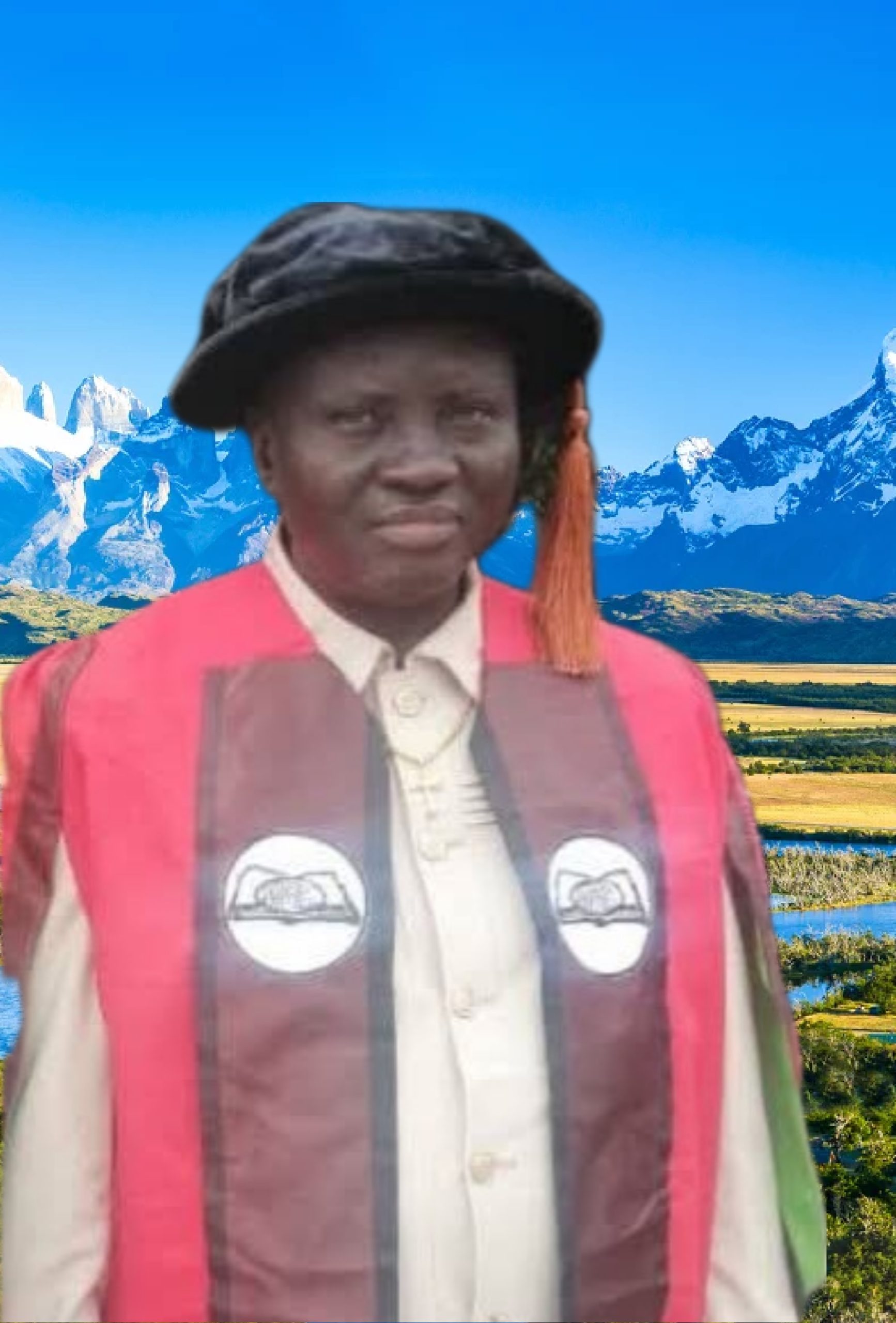
By: Ben Binebai
In the Niger Delta region of Nigeria, a city cries out for peace, justice, and unity. Warri, a land of rich cultural heritage and economic significance, has been plagued by recurring crises, sparked by provocative actions and claims of ownership by the Itsekiri group. The cry of Warri is a call to action, a reminder that our diversity is a strength, not a weakness, and that our common humanity is worth fighting for.
The Ijaw, Urhobo, and Itsekiri communities have coexisted in Warri for centuries, sharing a rich cultural heritage and a deep connection to the land. Occasionally uniting but deeply disunited because power and hegemony have often overshadowed their shared humanity, the people of Warri yearn for a future where their differences are celebrated, and their commonalities are the foundation of their unity. Warri’s significance extends beyond its current boundaries, as it has been a hub of economic and cultural activity for centuries. Before 1952, Warri was a thriving commercial centre, with the Ijaw, Urhobo, and Itsekiri communities contributing to its growth and development.
The city’s strategic location and access to the Niger Delta’s vast resources made it an attractive location for trade and commerce. Understanding Warri’s rich history and cultural heritage is essential to finding a lasting solution to the crisis.
It is time for truth to prevail to offer a lasting solution to the Warri crisis. The canoe of godfatherism should be withdrawn for the rule of law and for peace and progress to triumph.
The lie of exclusive ownership of Warri resists termination due to several factors, including:
Outdated court judgments: The Itsekiri establishment continues to rely on outdated court judgments, such as the 1925 judgment, to support their claim of ownership, despite subsequent judgments repudiating its validity.
Lack of political will: Successive governments have failed to address the problem and take the right and just decision, allowing the crisis to persist.
Absolutist claims: The Itsekiri claim is absolutist, while the Urhobo and Ijaw claims are limited, recognising ownership of portions of Warri by other communities.
Historical narratives can be deeply ingrained*: People’s understanding of their history and identity can be shaped by long-standing narratives, making it hard to change their perspectives.
Emotions and biases can override facts: When emotions and biases are strongly tied to a particular narrative, people may resist changing their views, even in the face of contradictory evidence.
Power dynamics can influence narrative control: Those in positions of power may use their influence to shape and maintain certain narratives, making it harder to correct lies and misconceptions.
Moreover, leadership plays a crucial role in shaping the future of Warri. As the saying goes, “When leaders refuse to embrace sacrifice, society dies.” Leaders who prioritise the greater good, make tough decisions, and invest in the future can help build a more harmonious and prosperous society. It is time for the leaders of Warri to put the needs of their people first and work towards a brighter future.
The cry of Warri is a call to action, a reminder that our diversity is a strength, not a weakness. Let us work towards a brighter, more harmonious future, where the beauty of our differences is celebrated, and our common humanity is cherished. May the cry of Warri be heard, and may we rise to the challenge of building a better tomorrow for all its people.


